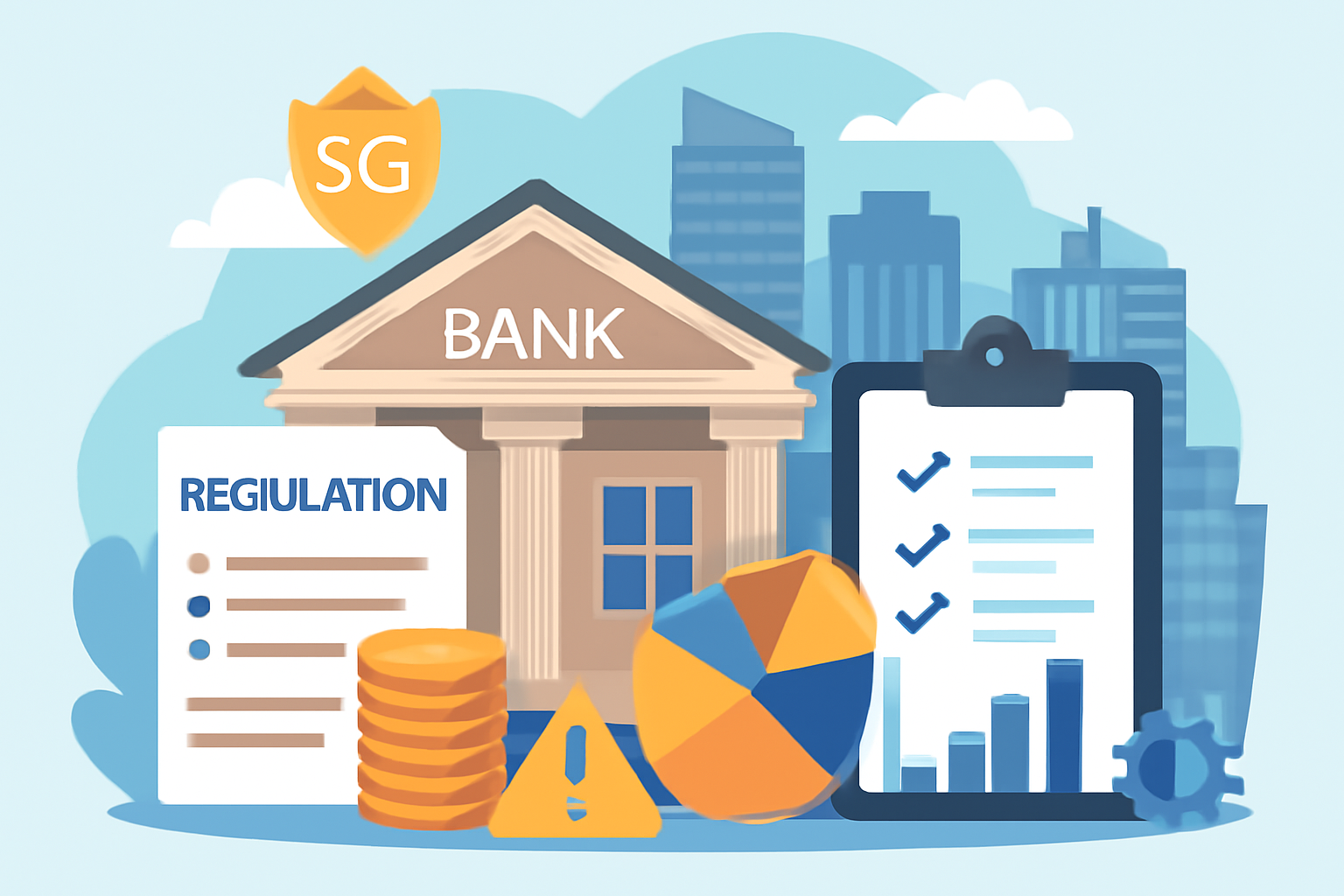Singapore’s banking system has undergone substantial changes over the last few decades, driven by both innovation and the integration of emerging technologies. The country has embraced these advancements to create a sophisticated, digitally enabled financial ecosystem that leads the region and competes on the global stage.
The Digital Revolution in Banking
A major milestone in Singapore’s banking transformation was the rise of digital banking. Singaporean financial institutions have capitalized on mobile banking, allowing customers to access their financial accounts from anywhere, at any time. The use of mobile apps and web-based platforms for banking services has revolutionized customer experience by simplifying tasks such as transferring money, paying bills, and managing investments.
The introduction of digital bank licenses by the MAS in 2020 allowed non-bank entities to enter the market, shaking up the competitive landscape. This move opened the door to tech-driven companies, which offered new, customer-focused banking experiences. These digital-first banks are more nimble, making use of advanced technologies like cloud computing to provide more efficient and customizable services.
Blockchain and Cryptocurrency in Singapore’s Banking Landscape
Blockchain technology has also played an influential role in shaping Singapore’s financial sector. By utilizing decentralized ledgers, banks are able to process transactions faster and more securely. MAS has been a major advocate for blockchain, initiating several projects like Project Ubin, which explores the potential of blockchain in transforming interbank payments.
Furthermore, Singapore has embraced cryptocurrency trading, with a clear regulatory framework that encourages both innovation and security. The country’s stance on cryptocurrency has turned it into a hub for digital currency exchanges, attracting both local and international players in the space.
AI and Big Data: A New Era for Banking
Artificial intelligence and big data have reshaped how banks interact with customers and make business decisions. AI-powered tools allow banks to automate customer service, detect fraud, and offer personalized financial advice. Data analytics, on the other hand, provides deep insights into consumer behavior, enabling banks to customize services and predict market trends.
These technologies have not only made banking more efficient but have also contributed to a more personalized customer experience. Through AI-driven insights, banks can offer products tailored to individual financial needs, whether it’s investment strategies, loan offers, or savings plans.
The Continued Evolution of Singapore’s Banking Sector
Looking forward, Singapore’s banking system is well-positioned for continued growth driven by technological innovation. The rapid pace of change, fueled by advancements in AI, blockchain, and other emerging technologies, suggests that the city-state will remain a global leader in financial services innovation. The future of banking in Singapore will be marked by even greater levels of personalization, automation, and security, benefiting both consumers and financial institutions alike.




